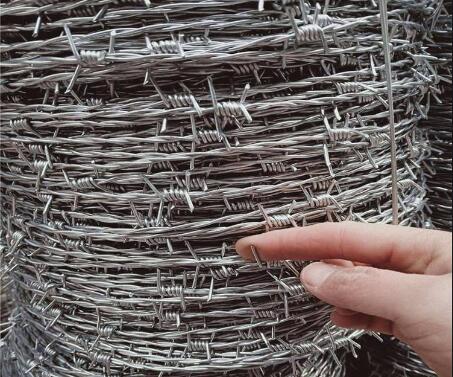Using Drywall Screws Outside A Comprehensive Guide
When it comes to outdoor construction projects, the right materials can make all the difference in durability and longevity. Many DIY enthusiasts and professional builders may wonder if using drywall screws outside is a practical choice. While drywall screws are designed primarily for interior use, there are specific situations and considerations to keep in mind when thinking about using them outdoors.
Understanding Drywall Screws
Drywall screws are specifically formulated for attaching drywall to wooden or metal framing. They are generally made of steel and have a fine thread that allows for easy penetration into drywall. However, they are not typically coated for resistance to moisture, which can cause rust when exposed to the elements.
Pros and Cons of Using Drywall Screws Outside
Pros 1. Availability and Cost Drywall screws are widely available and tend to be less expensive than many outdoor-rated screws, making them an appealing option for budget-conscious projects. 2. Ease of Use These screws are easy to drive into the material and can be used with a standard drill, which might appeal to those looking for a quick solution.
Cons 1. Corrosion Risk The most significant downside of using drywall screws outdoors is their susceptibility to rust and corrosion. When exposed to moisture, such as rain or humidity, these screws can degrade, compromising the integrity of the structure. 2. Limited Strength While drywall screws are adequate for interior applications, they are not designed to withstand the same level of stress and weight as outdoor screws. This can lead to failures in outdoor applications, particularly in high-stress situations.
When Is It Acceptable to Use Drywall Screws Outdoors?
using drywall screws outside

There are specific scenarios where using drywall screws outdoors might be acceptable, provided you take precautions
1. Temporary Structures If you are building a temporary setup that won't be exposed to harsh weather or moisture, drywall screws could suffice. 2. Low-Exposure Areas For projects in areas that are shielded from direct weather, such as covered patios or indoors in a shed, drywall screws may be a workable solution.
3. Non-Load Bearing Applications If the screws are being used in light applications that won't bear significant weight or stress, using drywall screws can be considered.
Recommendations for Outdoor Projects
For any outdoor application where durability is essential, it is generally best to opt for screws specifically designed for exterior use. Look for options like galvanized or stainless steel screws, as they offer enhanced resistance to rust and corrosion. Deck screws, for instance, are designed specifically for outdoor applications, offering features like thicker shafts and aggressive threading to ensure a solid grip in various materials.
Conclusion
While drywall screws can be a tempting option for outdoor projects due to their cost and availability, the risks associated with their use outdoors largely outweigh the benefits. To ensure the longevity and safety of your outdoor structures, it's generally advisable to use screws that are meant for exterior applications. Your choice in fasteners can significantly impact the durability of your project and reduce the need for costly repairs down the line. Always prioritize quality and suitability when selecting materials for outdoor construction, and your efforts will stand the test of time.

















